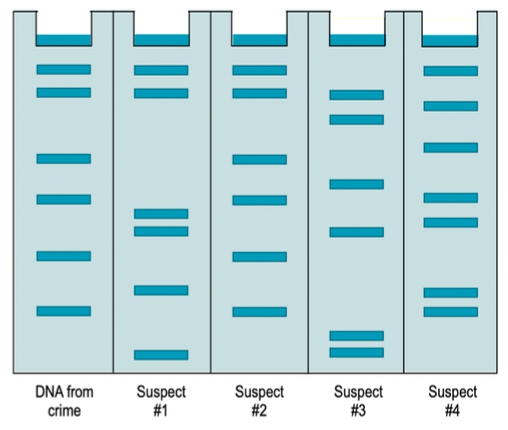DNA fingerprinting is a powerful technique that utilizes genetic markers within a genome to identify individuals, similar to how traditional fingerprints are used. These genetic markers are specific sequences of DNA that have known locations and can be easily identified within a genome. The term "markers" often refers to polymorphisms, which are variations in DNA sequences that differ among individuals.
One common type of genetic marker is the single nucleotide polymorphism (SNP), which is a variation at a single nucleotide position in the DNA sequence. For instance, consider two individuals whose DNA sequences are nearly identical except for one nucleotide. In this case, if individual one has a thymine (T) at a specific position and individual two has a cytosine (C), this difference represents a SNP. Such polymorphisms are unique to each individual and serve as a basis for identification, much like a fingerprint.
A person's DNA fingerprint is essentially the combination of all their unique genetic markers, including various SNPs and other polymorphisms. This unique genetic profile can be used in various applications, such as forensic science, paternity testing, and genetic research. Understanding these concepts lays the groundwork for further exploration and practical applications of DNA fingerprinting techniques.


